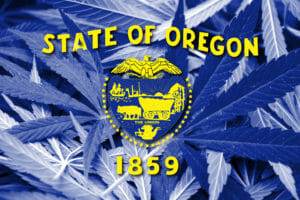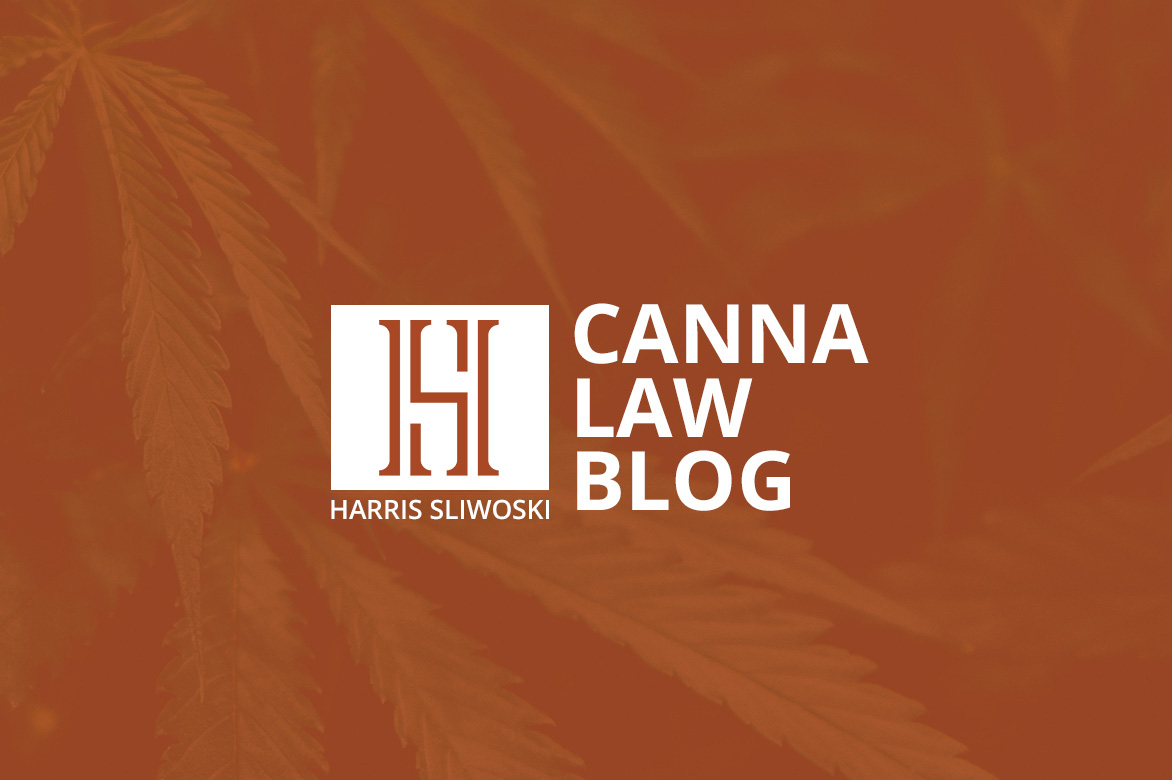On April 26, 2016, I moderated a panel discussion at the University of Washington School of Law called “Working in Weed.” The discussion focused on employment and labor issues in the cannabis industry. The panelists were as follows:
- Robert McVay of the Canna Law Group
- Lea Vaughn, Professor of Law at UW, with an expertise in labor and employment
- Ronald Hooks, Regional Director for the National Labor Relations Board (NLRB)
- Sam Mendez, Director of the UW Cannabis Law and Policy Project.
The panelists provided thoughtful insight into the legal issues that follow cannabis legalization. The following are some highlights from the discussion:
Employees can still be terminated for cannabis use in states where it is legal. A vast majority of employees in this country are “at-will.” This means that an employer can terminate them at any time, for any reason. There are many exceptions to this rule. For example, an employer cannot fire an employee on the basis of race. Employers and employees are also free to agree to terms of employment that require cause for termination. However, if the termination is not illegal and is not in violation of an agreement, employers have broad discretion in firing employees.
As a result, at-will employees can be fired for using cannabis if the employer is maintaining a drug-free work place. The Colorado Supreme Court recently upheld the termination of an employee fired for his medical use of cannabis. See Coats v. Dish Network.
Legalization of cannabis does not create an exception to the at-will rule and therefore employees can be fired for legally using cannabis outside of work, even if that use has no impact on their job performance. However, states may pass legislation that makes it illegal for an employer to fire an employee for using cannabis.
The NLRB and other federal agencies may enforce federal laws on cannabis businesses. Cannabis remains illegal under federal law and therefore some federal agencies are unwilling to involve themselves in the cannabis industry. The NLRB is the federal agency tasked with enforcing federal labor law and it is willing to assert its jurisdiction on cannabis businesses.
In 2013, the NLRB Office of General Counsel issued an “Advice Memorandum” stating that it would enforce federal law against medical cannabis facilities. The memo also stated that dispensaries were not “agricultural workers” for the purpose of the National Labor Relations Act (NLRA) and were therefore considered employees for NLRA purposes.
The NLRA provides a legally protected right for private sector employees to strike for better wages, benefits, or working conditions, without threat of termination. In turn, the NLRB investigates and remedies unfair labor practices, including “union-busting” which can include a “range of activities undertaken to disrupt or prevent the formation of trade unions.”
The Seattle NLRB office has not yet been involved in a cannabis labor dispute, but apparently would consider a dispute brought under the NLRA.
The Occupational Safety and Health Administration (OSHA) also appears to be willing to enforce federal law. OSHA ensures that companies provide safe working conditions for employees. OSHA has cited and fined cannabis businesses for failing to meet worker safety standards.
In summary, cannabis businesses should not assume federal agencies will not enforce federal labor law simply because cannabis is federally illegal.
Gaps in legal protections. Though federal agencies may enforce federal law, some employees in the cannabis industry may still face challenges. For example, the NLRA has jurisdictional standards that must be met for NLRB to consider a claim. Retail businesses fall within the Board’s jurisdiction if their gross sales exceed $500,000 yearly. For non-retailers, jurisdiction is based on the amount of goods sold or services provided by the employer out of state (“outflow”) or purchased by the employer from out of state (“inflow”). The NLRB takes jurisdiction when the annual inflow or outflow is at least $50,000. If a cannabis business does not meet these monetary requirements, the NLRB will not likely investigate a violation.
State courts may be willing to step in and settle disputes between employees and employers in the cannabis industry. However, there have been very few cases involving cannabis labor or employment issues and this means parties turning to state court face uncertainty on how these courts may rule.
Bottomline. The “Working in Weed” discussion was one of the first of its kind. The panelists gave thoughtful analysis to various legal issues but at several times noted the uncertainty that stems (pun intended) from legal cannabis being such a recent phenomenon.













